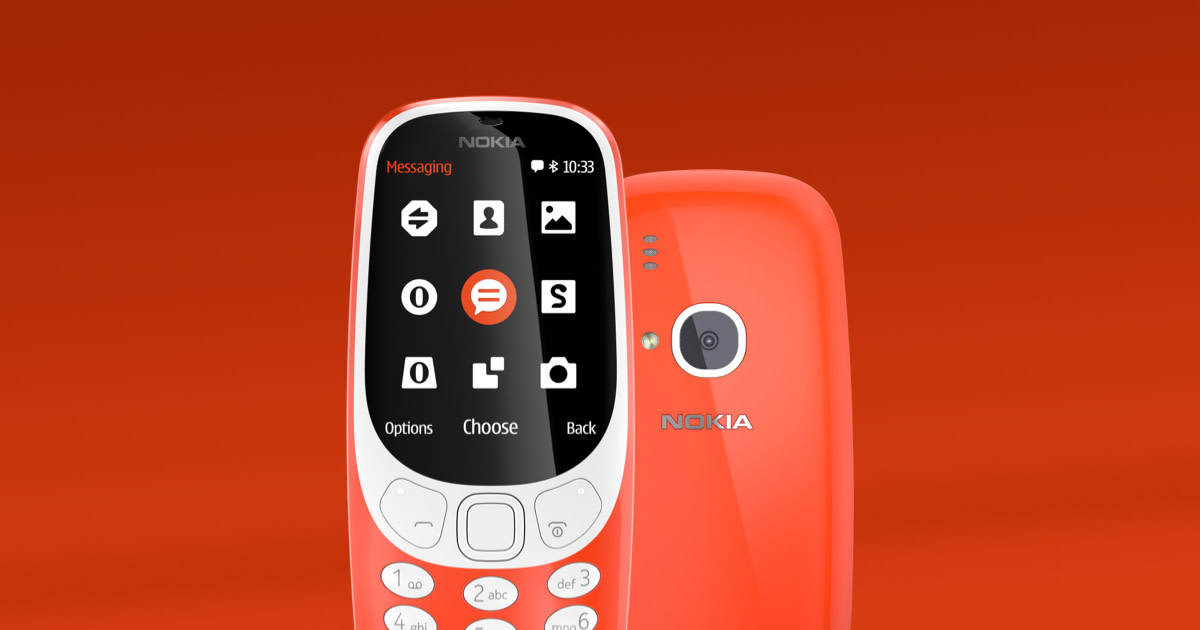New court records detail how the FBI turned encrypted phone company 'Anom' into a honeypot for organized crime.

By Joseph Cox
For years the FBI has secretly run an encrypted communications app used by organized crime in order to surreptitiously collect its users' messages and monitor criminals' activity on a massive scale, according to a newly unsealed court document. In all, the elaborate operation netted more than 20 million messages from over 11,800 devices used by suspected criminals.
The news signals a major coup for law enforcement: ordinarily, agencies either shut down or crack messages on an already established service, such as Phantom Secure or Encrochat, two similar encrypted messaging networks. But in this case, the FBI took control of a communications company called Anom in its infancy and turned that into a wide-reaching honeypot, with the suspected criminal users instead coming to them.
"The FBI opened a new covert investigation, Operation Trojan Shield, which centered on exploiting Anom by inserting it into criminal networks and working with international partners, including the Australian Federal Police (“AFP”), to monitor the communications," the unsealed court record reads, referring to Anom, the app at the center of the investigation. Seamus Hughes, a researcher at George Washington University, shared the document with Motherboard.
The AFP began going public with the contours of Anom Tuesday morning local time, and announced it had begun making arrests with data pulled from the honeypot.
In 2018, the FBI arrested Vincent Ramos, the CEO of Phantom Secure, which provided custom, privacy-focused devices to organized criminals. In the wake of that arrest, a confidential human source (CHS) who previously sold phones on behalf of Phantom and another firm called Sky Global, was developing their own encrypted communications product.
This CHS then "offered this next generation device, named 'Anom,' to the FBI to use in ongoing and new investigations," the court document reads. While criminals left Phantom, they flocked to other offerings. One of those was Anom; the FBI started what it called Operation Trojan Shield, in which it effectively operated a communications network targeted to criminals and intercepted messages running across it.
The FBI, AFP, and CHS built the Anom system in such a way that a master key silently attached itself to every message set through the app, enabling "law enforcement to decrypt and store the message as it is transmitted," the document reads. "A user of Anom is unaware of this capability," it adds.
But first the FBI and their source needed to establish Anom as an option in the criminal underworld. As Motherboard showed in a years-long investigation, using sources around Phantom as well as FBI files, Phantom was particularly popular in Australia. The CHS introduced Anom to his already trusted distributors of mobile devices, who were in turn trusted by criminal organizations, the document reads. Three people in Australia who had previously distributed Phantom, "seeing a huge payday," agreed to then sell these Anom devices, the document adds. With this, "the FBI aimed to grow the use of Anom organically through these networks," it reads.
Trojan Shield: How the FBI Secretly Ran a Phone Network for Criminals

By Joseph Cox
For years the FBI has secretly run an encrypted communications app used by organized crime in order to surreptitiously collect its users' messages and monitor criminals' activity on a massive scale, according to a newly unsealed court document. In all, the elaborate operation netted more than 20 million messages from over 11,800 devices used by suspected criminals.
The news signals a major coup for law enforcement: ordinarily, agencies either shut down or crack messages on an already established service, such as Phantom Secure or Encrochat, two similar encrypted messaging networks. But in this case, the FBI took control of a communications company called Anom in its infancy and turned that into a wide-reaching honeypot, with the suspected criminal users instead coming to them.
"The FBI opened a new covert investigation, Operation Trojan Shield, which centered on exploiting Anom by inserting it into criminal networks and working with international partners, including the Australian Federal Police (“AFP”), to monitor the communications," the unsealed court record reads, referring to Anom, the app at the center of the investigation. Seamus Hughes, a researcher at George Washington University, shared the document with Motherboard.
The AFP began going public with the contours of Anom Tuesday morning local time, and announced it had begun making arrests with data pulled from the honeypot.
In 2018, the FBI arrested Vincent Ramos, the CEO of Phantom Secure, which provided custom, privacy-focused devices to organized criminals. In the wake of that arrest, a confidential human source (CHS) who previously sold phones on behalf of Phantom and another firm called Sky Global, was developing their own encrypted communications product.
This CHS then "offered this next generation device, named 'Anom,' to the FBI to use in ongoing and new investigations," the court document reads. While criminals left Phantom, they flocked to other offerings. One of those was Anom; the FBI started what it called Operation Trojan Shield, in which it effectively operated a communications network targeted to criminals and intercepted messages running across it.
The FBI, AFP, and CHS built the Anom system in such a way that a master key silently attached itself to every message set through the app, enabling "law enforcement to decrypt and store the message as it is transmitted," the document reads. "A user of Anom is unaware of this capability," it adds.
But first the FBI and their source needed to establish Anom as an option in the criminal underworld. As Motherboard showed in a years-long investigation, using sources around Phantom as well as FBI files, Phantom was particularly popular in Australia. The CHS introduced Anom to his already trusted distributors of mobile devices, who were in turn trusted by criminal organizations, the document reads. Three people in Australia who had previously distributed Phantom, "seeing a huge payday," agreed to then sell these Anom devices, the document adds. With this, "the FBI aimed to grow the use of Anom organically through these networks," it reads.
Trojan Shield: How the FBI Secretly Ran a Phone Network for Criminals






